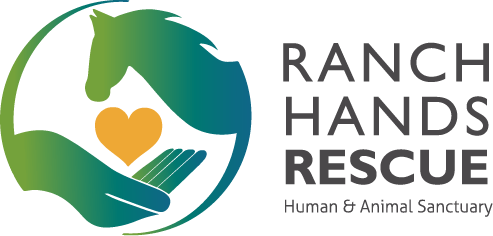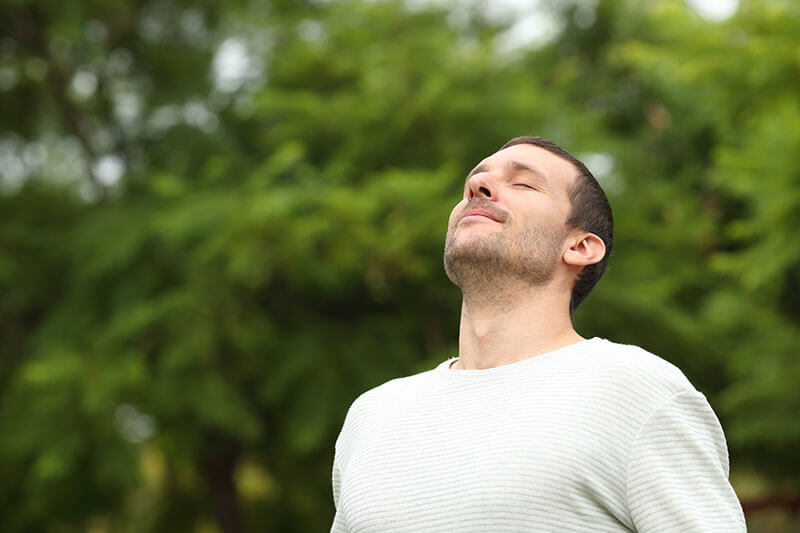By Jordan Small, MA, LPC
COVID-19 has impacted many people in negative ways. Research shows that people have experienced an increase in anxiety, depression, fear, social isolation, and a decrease in distress tolerance (Usher et al., 2020). Additionally, research explains that the lack of in-person social connections has caused poor physical and emotional health (Usher et al., 2020). As a result, self-care and community care have become an important topic for all during the pandemic. Especially, mental health professionals because the increase in anxiety and depression tends to effect how people build connection.
Self-Care vs. Community Care
As a clinician, I encourage clients to work on having a self-care routine that includes socializing with others. The biggest pushback I receive from clients are knowing why it is important to incorporate both self-care and community care into their routine, and what the differences between self-care and community care are.
What is Self-Care?
When explaining self-care to clients, I define self-care as working towards creating a routine that allows for you to take care of yourself physically, emotionally, mentally, and spiritually (National Institute of Mental Health, 2021). Specifically, we want a self-care schedule to be small acts that allow for an increase in energy, help manage stress, and lower risk for sickness (National Institute of Mental Health, 2021). Some good examples of self-care are regular exercise, a well-balanced diet, mindfulness practices, relaxing activities, expressing positivity to self, and showing gratitude towards others.
What is Community Care?
When describing community care to clients, I define community care as experiencing healthy and safe interpersonal interactions. Some examples of community care would be checking in with friends/family, volunteer, support group, or just spending time with trusted people. Another way to defined community care is staying connected, which includes reaching out to others for emotional support and/or practical help (National Institute of Mental Health, 2021). A big benefit that counselors see when clients practice community care is they have an improved belief in self.
Community care is a vital part of the self-care routine because it is natural for humans to need a community around them. However, self-care and community care are not a one size fits all, so the tools and skills used for both types of care are dependent on each individual. Thus, I believe that it starts by looking at self-care and community care from a different point of view. A different perspective can show the importance of incorporating self and community care.
In some ways, self care is community care, and community care is self care. By investing and incorporating both into your everyday life, you can experience an increased sense of belonging to your community and the world.
Why Both Forms of Care Are Important
Addy Peters, a clinical therapist, suggest that people change their mindset on how we look at self-care and community care (Alaska Children’s Trust, 2022). For example, I see self-care as something that is necessary for daily life, and not an item to check off. Addy Peters explains it as something that comes second nature or is a way of life (Alaska Children’s Trust, 2022). She continues to explain how community care can be perceived as a stepping stone to good quality self-care due to some people having the lack of skills to care for themselves (Alaska Children’s Trust, 2022). For example, I could see self-care for some people as lonely, which could possibly increase depression or anxiety symptoms. So, combining self and community care can possibly be a better option for healing, but it can depend on who you surround yourself with.
Dr. Travis Health explains it best as communities of care, which is shifting the self-care lens to needing to incorporate more communities that help provide support and allow a person to move towards healing (TEDx Talks, 2019). Overall, I believe it is important to incorporate both types of care, but everyone’s self and community care experience will look different. As humans we are all social beings, and the way we experience and look at life is through a different lens. My biggest hope for those reading this blog is to create a self-care routine that is tailored to you, and make sure you are allowing a community of kindness, compassion, acceptance, understanding, and support be a part of your healing journey.
References
- Alaska Children’s Trust. (2022, January 14). Self-care & community care: getting the balance right [Video]. YouTube. https://www.youtube.com/watch?v=NHnuSOEbLck
- National Institute of Mental Health. (2021). Caring for your mental health. https://www.nimh.nih.gov/health/topics/caring-for-your-mental-health
- TEDx Talk. (2019, October 4). Self care to communities of care |Travis Health| tedxmsudenver [Video]. Youtube. https://www.youtube.com/watch?v=be0WvqBFK3I
- Usher, K., Durkin, J., & Navjot, B. (2020). The covid-19 pandemic and mental health impacts. National Library of Medicine. https://www.ncbi.nlm.nih.gov/pmc/articles/PMC7262128/


